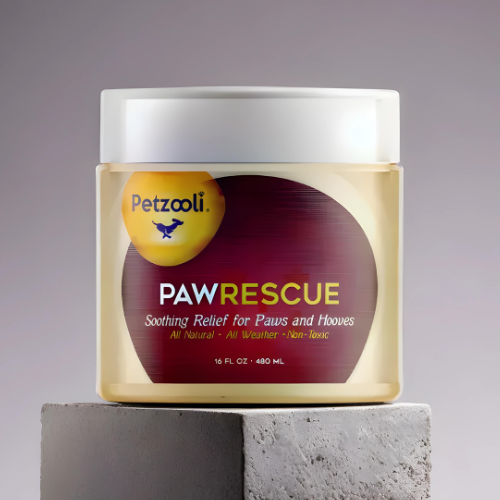
Why Does My Dog Chatter His Teeth? Understanding the Reasons
Share
Introduction
As a health-conscious pet owner, you're likely very attentive to your dog's needs and behaviors. One peculiar behavior you may have noticed is your dog chattering his teeth. It's not uncommon, and it can be concerning. In this article, we delve deeply into the reasons behind teeth chattering in dogs and how you can address it.

Understanding Teeth Chattering in Dogs
So, why does my dog chatter his teeth? The answer to this question can vary. Teeth chattering in dogs can result from multiple factors, ranging from benign causes to underlying health issues.
Common Causes of Teeth Chattering
There are various reasons why a dog might chatter his teeth. These range from emotional responses to physical conditions. Here, we explore some of the most common causes.
Excitement or Anxiety
One of the more benign reasons for teeth chattering is simply excitement or anxiety. Dogs may chatter their teeth when they are particularly excited or especially anxious about something. This can occur during playtime, feeding, or when they meet new people or other pets.
Dental Issues
DentDetachable emojial problems are among the most common reasons for teeth chattering in dogs. Dental diseases such as periodontal disease, tooth decay, or an abscess can cause your dog serious discomfort, leading to teeth chattering. Regular dental check-ups are essential. How to clean dog teeth guide.
For more detailed information on the importance of dental care, you can refer to what is enzymatic dog toothpaste and how to brush dog teeth.
Emotional Triggers
Emotions can significantly impact a dog's health and behavior. Anxiety, nervousness, or even extreme excitement can lead to teeth chattering. Assess whether there have been recent changes in your dog's environment or routine that might be causing stress.
Neurological Issues
In some cases, teeth chattering might indicate neurological issues. These conditions can include tremors or seizures, which often require prompt veterinary attention. If the teeth chattering is accompanied by other unusual behaviors, you should seek veterinary advice immediately.

Identifying the Cause
Determining the exact cause of teeth chattering in dogs is essential for effective treatment and management. Here are steps to identify the underlying issue:
Observation
The first step is close observation. Note when and how often your dog chatters his teeth. Is it during specific activities, times of the day, or in certain situations?
Veterinary Examination
A veterinary examination is crucial for diagnosing the cause. Your veterinarian may conduct dental check-ups, blood tests, and neurological assessments to pinpoint the root cause.
Behavioral Changes
If you suspect that emotional or psychological factors are causing the teeth chattering, consider behavioral changes. Look into possible recent stressors in your dog's life, such as a new pet, household changes, or loud noises.
Preventive Measures and Treatments
Once you've identified the cause, the next step is to address it effectively. Here are some potential treatments and preventive measures:
Dental Care
Regular dental care is paramount. Invest in high-quality dog toothpaste and brushes. Frequent cleanings and veterinary dental check-ups can prevent most dental issues. Curious about the best practices for dental cleaning? Check out basic dental care tips.
Emotional Well-being
Maintain a stable and stress-free environment for your dog. Regular exercise, a consistent routine, and plenty of mental stimulation can help manage anxiety and excitement levels.
Veterinary Treatments
If your veterinarian diagnoses an underlying health or neurological issue, they will recommend appropriate treatments. These can range from medications to specialized therapies.
Frequently Asked Questions (FAQs)
1. Is teeth chattering in dogs always a cause for concern?
Not necessarily. While it can be indicative of dental or health issues, it can also be a benign response to excitement or anxiety. However, persistent or severe teeth chattering warrants a veterinary consultation.
2. Can I treat my dog's dental issues at home?
While regular home dental care is crucial, severe dental problems require professional veterinary treatment. Always consult your vet for a proper diagnosis and treatment plan.
3. How can I reduce my dog's anxiety to prevent teeth chattering?
Provide a stable environment, regular exercise, and mental stimulation. Consider consulting a pet behaviorist for additional strategies.
As an Amazon Associate, I earn from qualifying purchases.
